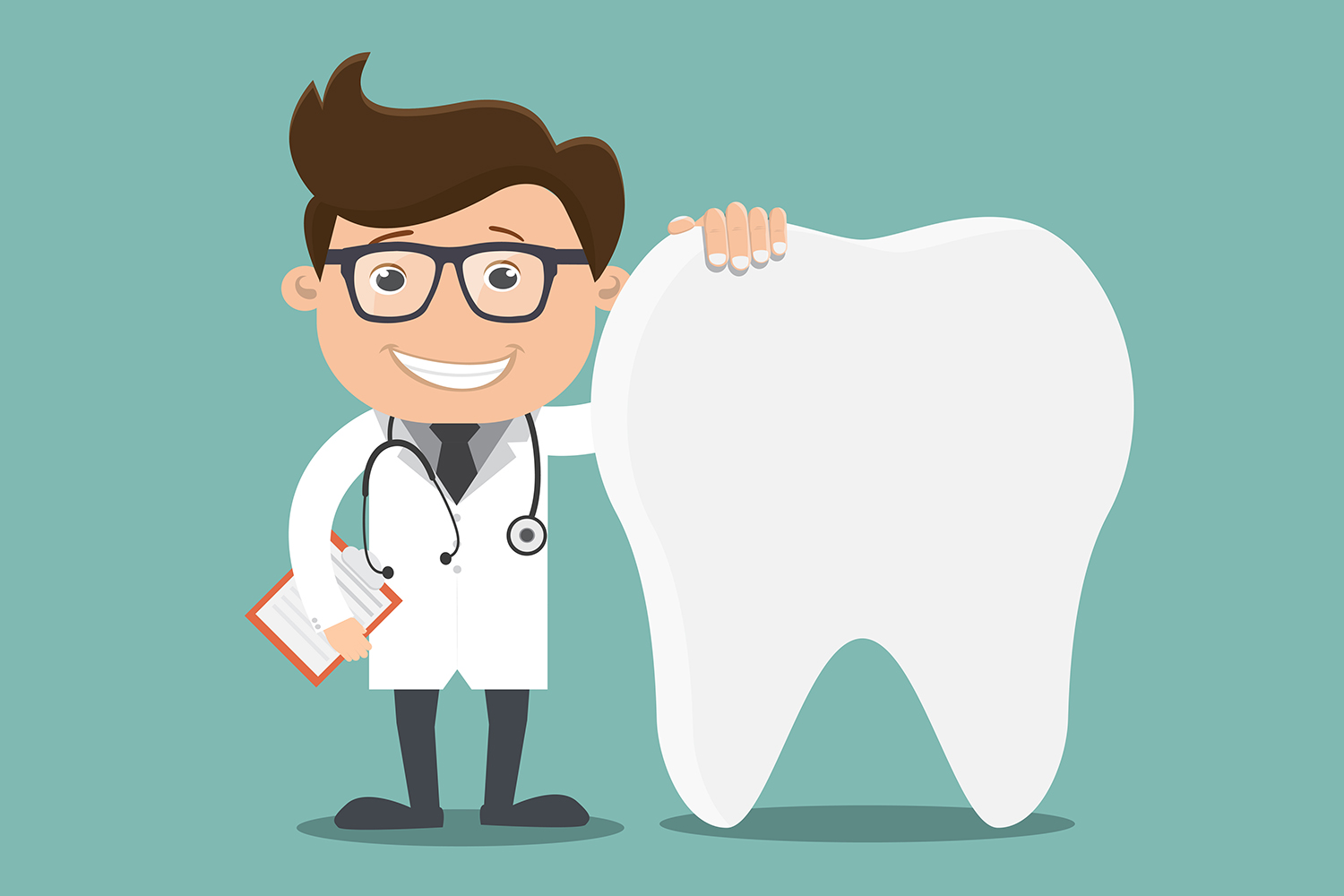The Advantages of Routine Checkups to a Dentist Eugene Oregon
The Advantages of Routine Checkups to a Dentist Eugene Oregon
Blog Article
Find Out About Regular Dental Issues Your Dentist Can Fix
Comprehending constant dental problems is important for keeping ideal dental health. Problems such as dental caries, gum condition, tooth sensitivity, negative breath, and tooth decay are usual yet frequently forgotten until they end up being extreme. Normal dental sees and personalized care plans can attend to these problems efficiently, making sure a much healthier and brighter smile.
Dental Caries
Cavities, likewise referred to as tooth decays, are a common oral wellness problem triggered by the demineralization of tooth enamel because of acid production from microbial plaque. This process starts when bacteria in the mouth metabolize sugars and starches from food, producing acids that deteriorate the enamel. If not addressed without delay, this erosion can pass through deeper into the tooth, affecting the dentin and ultimately the pulp, potentially causing severe discomfort and infection.
The early stages of dental caries formation usually present as white places on the tooth surface, suggesting first demineralization. As the process proceeds, these spots can turn into black or brownish sores, representing more substantial degeneration. Normal dental examinations are vital for early detection, as dental caries in their inceptive phases can be treated with remineralization techniques, such as fluoride treatments.
Once a cavity has actually formed, restorative intervention is essential. Dental professionals commonly eliminate the decayed part of the tooth and load the tooth cavity with products such as composite material, amalgam, or ceramic. In much more serious situations, a crown or origin canal therapy may be called for. Safety nets, including good dental health techniques and nutritional alterations, play a critical function in mitigating the risk of tooth cavities.
Periodontal Illness
While cavities represent a significant concern for oral health and wellness, one more vital concern that requires interest is gum disease. Recognized as periodontal disease, periodontal illness is an inflammatory problem influencing the cells surrounding and supporting the teeth. It is mainly caused by the accumulation of plaque-- a sticky film of bacteria that forms on teeth.
Gum illness progresses with stages, starting with gingivitis, defined by soreness, swelling, and bleeding gum tissues (eugene dentist). If left untreated, gingivitis can intensify to periodontitis, where the internal layer of the gum tissue and bone pull away from the teeth, developing pockets that come to be contaminated. Over time, the toxins created by the germs break down the bone and connective cells that hold teeth in location, potentially leading to tooth loss
Very early discovery and treatment are essential. Professional oral cleanings and enhanced oral health practices, such as cleaning twice everyday and flossing, can handle gingivitis. For advanced phases, therapies might include scaling and root planing, antibiotics, or perhaps surgical treatments.
Regular dental check-ups play a pivotal function in avoiding and taking care of gum tissue illness. Dentists can identify early indications and advise ideal interventions, ensuring the upkeep of healthy and balanced gums and overall dental health.
Tooth Sensitivity
Tooth sensitivity affects millions of individuals worldwide, providing a common yet commonly traumatic oral issue. This condition emerges when the enamel, the outer protective layer of the teeth, is compromised, exposing the underlying dentin. The dentin has microscopic tubules that lead straight to the oral pulp, where nerves live. When revealed to stimulations such as warm, cold, sweet, or acidic substances, these nerves are caused, causing sharp discomfort or pain.
Several factors contribute to enamel erosion and subsequent tooth level of sensitivity, consisting of aggressive brushing, acidic foods and drinks, gum tissue economic crisis, and bruxism (teeth grinding) Furthermore, oral treatments such as teeth whitening can temporarily increase sensitivity.
Halitosis
An additional widespread dental issue that impacts individuals' day-to-day lives is bad breath, medically called halitosis. Halitosis frequently stems from inadequate oral hygiene, which enables food fragments to remain in the mouth, promoting bacterial growth.

Suggestions may include boosting dental hygiene practices, such as routine brushing and flossing, making use of anti-bacterial mouth washes, staying moisturized, and dealing with any kind of oral concerns. Efficient monitoring of bad breath not just enhances oral health and wellness yet likewise substantially enhances quality of life.
Dental Cavity

Stopping tooth degeneration includes a combination of great dental health techniques and regular dental check-ups. Brushing teeth a minimum of two times daily with fluoride tooth paste, flossing to get rid of plaque in between teeth, and limiting the intake of sugary foods and drinks are necessary safety nets. Fluoride treatments, oral sealants, and expert cleanings supplied by a dental professional can likewise play a substantial role in strengthening enamel and stopping degeneration.
Dental professionals can eliminate corroded cells and restore the tooth with dental fillings made from products such as composite material, amalgam, or porcelain. By resolving tooth decay immediately, dental experts aid protect dental read this framework and function, ensuring long-lasting oral wellness.
Final Thought
Addressing usual dental issues such as cavities, periodontal illness, tooth sensitivity, foul breath, and tooth degeneration is important for preserving optimum oral health and wellness and general well-being. Dental practitioners possess the expertise to diagnose and deal with these problems effectively, making certain tailored look after each patient. Normal dental examinations and safety nets are essential in recognizing and taking care of these problems early, promoting a healthier and a lot more certain smile over a life time.
:max_bytes(150000):strip_icc():focal(749x0:751x2)/Dentist-122823-2-279b2c59bcd240a28a5a118cdd4176ba.jpg)
Tooth decay, likewise recognized as oral caries, takes place when the enamel, the outer layer of the tooth, is eroded by acids generated by germs in the mouth. Brushing teeth at the very least two times daily with fluoride tooth paste, flossing to eliminate plaque between teeth, and restricting the consumption of sweet foods and beverages are crucial preventive procedures.Dealing with common dental worries such as tooth cavities, gum condition, tooth sensitivity, bad breath, and tooth decay is crucial for keeping ideal oral health and wellness and total well-being.
Report this page